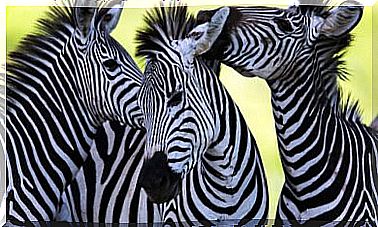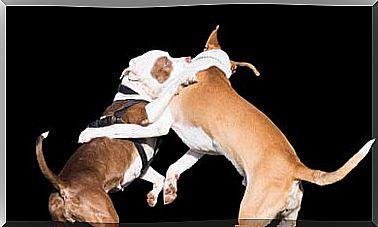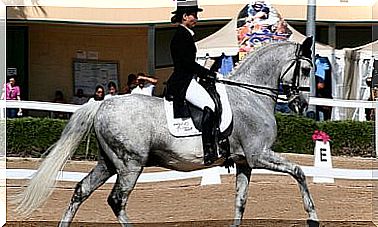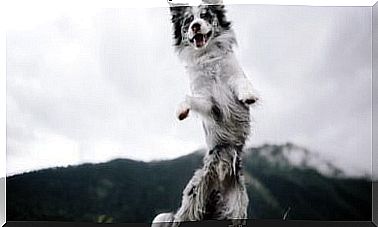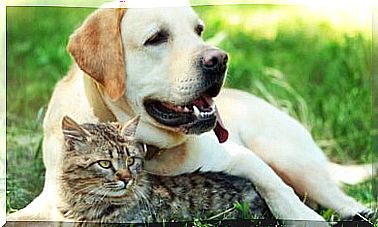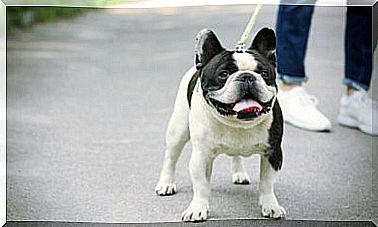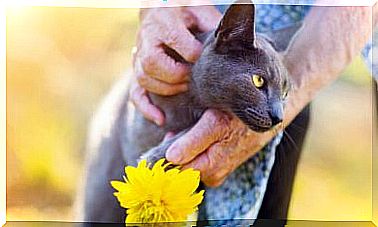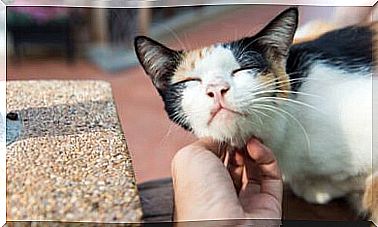5 Signs That Your Dog Is Getting Old
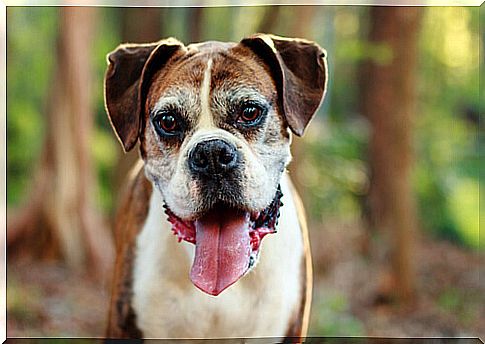
As our pets get older they are at greater risk of developing diseases. Therefore, being attentive to know if our dog is aging is essential to be able to give it preventive treatments and take care of its health.
How do you know if your dog is getting old?
As in people, age does not pass for all dogs equally. It depends on its size, its breed, and many other variables. Generally, veterinarians count on a dog to leave adulthood behind and enter his senior period by the time he is seven years old.
However, that is still a generalization: there are many dogs that age or even older that are still far from becoming old. Although they are still jovial, from age it is necessary to do more frequent medical check-ups.
In general, large dogs age faster than small dogs: while reaching 13 years of age for a German Shepherd is quite an achievement, it is a figure that smaller dogs such as Yorkshires quickly reach.
But to know for sure when your dog is getting old, the most appropriate thing is that you look at him. We will give you a few keys to understand the change of stage in their life, but who knows dogs best is who lives with them.
1. It has less energy
The first change that is noticed in the aging dog is the change in its energy: it no longer has the explosive and tireless vitality that it had a few years ago. Although dogs have always liked to sleep, now their naps are longer and they prefer other quieter activities.
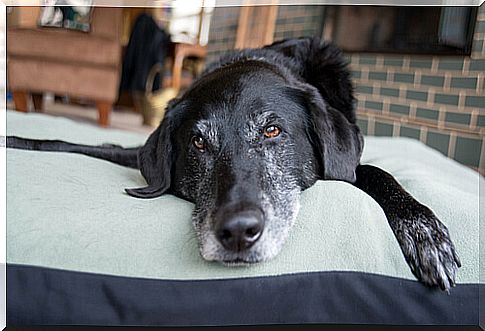
Some even refuse to run after a ball and games with other dogs are more leisurely and less physical. As happens to so many other animals when they get older, they stop liking adrenaline and speed, and begin to enjoy more relaxing games or taking leisurely walks.
2. There are changes in your mood
When your dog is getting older, he can suffer changes in his mood, although they can be very different depending on each case: some have much more patience. They tolerate puppies and young children better and generally take things much more calmly than before.
However, there are others who get a little more grumpy: they no longer feel like putting up with loud noises or stressful situations. But this can also be a symptom of pain: if your dog’s character changes in this way, consult a veterinarian to rule out any discomfort.
3. The behavior of other dogs
When a dog is getting older, not only does he change: it also changes the way in which other dogs relate to him. Dogs understand each other in a way that humans can only imagine. The other dogs you know know that he is getting older and what he needs.

So if his friends at the park change the way they play with him, if they are less insistent about interacting, or if you notice that there are fewer races and more polite introductions, it may be another sign that your dog is getting old.
An exception is puppies: younger dogs are often attracted to older ones. Whenever your dog allows it, the puppies will try to play with him or observe him from a distance.
4. Gray hair and changes in hair
Physical changes can also be seen as a dog is aging. One of the most obvious affects your hair: gray hair may appear, hair is drier and less lustrous or has a duller color than usual. In some cases, the hair grows less in certain areas, is rough or even bald.
It is common for young dogs to get gray hair, especially on the back and just around the mouth. However, when they get older, these gray hair also surround their eyes and ears. A few dogs can go totally white.
5. Diseases and ailments appear
As with people, as your dog is getting older he is more prone to developing many types of diseases. The most frequent have to do with the eyes, with the joints, with the bones and with the metabolism. Your dog’s weight can change: he can start to lose weight or start to gain weight even if he follows his usual diet.
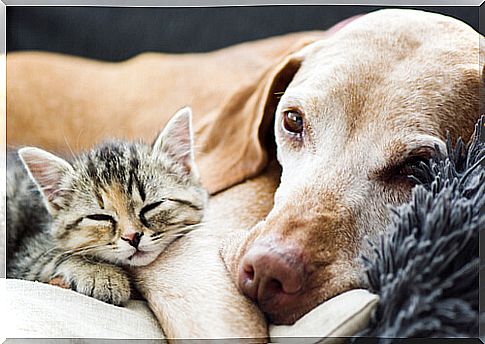
We must not forget that there are many other different diseases that can affect older dogs, and that they may not all be visible: they may suffer disorientation, deafness, skin problems or allergies, digestive problems … If your dog begins to accumulate pills and visits veterinarians have one of the most unequivocal signs that they are aging.
The importance of medical check-ups
That is why it is so important that from the age of seven all dogs have more and more frequent check-ups at the vet. Only qualified medical personnel can detect the health changes that a dog is suffering, old or young, and propose treatments to prevent them or to alleviate them before they affect their quality of life.
